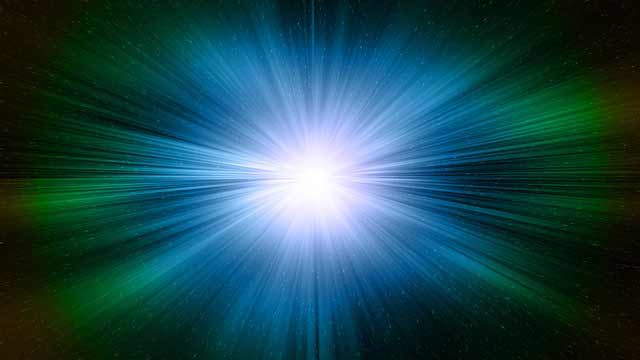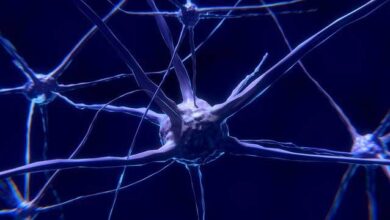Speed of light: Did Einstein get it wrong?

Albert Einstein might be known for a great many things, but even the layman might be familiar with at least one thing: E = mc2, the formula for mass-energy equivalence. However, a critical part of that formula might soon be debunked. According to Einstein’s physics, light has, does, and always will travel at a constant speed. Some physicists and cosmologists have begun challenging that observation, and may just have gotten closer to proving that the venerable scientist may have been wrong.
Many physicists spend their days trying to prove Albert Einstein’s theories correct. One pair of theoretical physicists is hoping to test whether the father of modern physics just may have been wrong about the speed of light.
In his theory of special relativity, Einstein left a lot of wiggle room for the bending of space and time. But his calculations, and most subsequent breakthroughs in modern physics, rely on the notion that the speed of light has always been a constant 186,000 miles per second.
But what if it wasn’t always that way? In a paper published in the November issue of the journal Physical Review D, physicists from the Imperial College London and Canada’s Perimeter Institute argue that the speed of light could have been much faster in the immediate aftermath of the Big Bang. The theory, which could change the very foundation of modern physics, is expected to be tested empirically for the first time.









